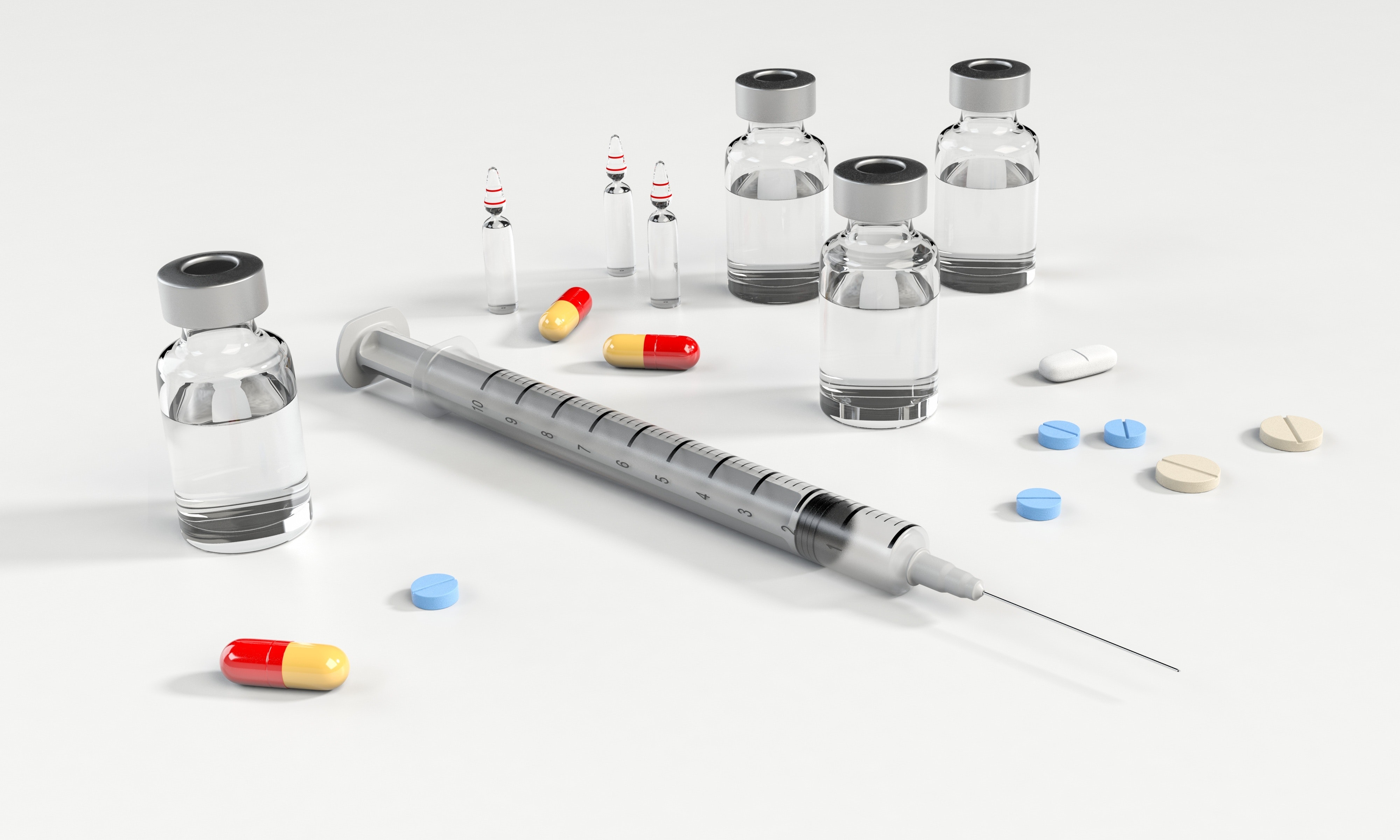Originally published in CNBC
By Florence Comite, M.D.
In the past ten years, analyzing a single individual’s genome has gone from a substantial scientific effort, one that took nine months and $100 million, to an increasingly easy process that can be done in days, if not hours, and costs as little as $1,000.
The lower price of genome sequencing and increased speed with which your genetic information can be gleaned means better disease detection, prevention and protection, personalized drug regimens and voluminous amounts of medical research data. It is the kind of advancement that will mean not only longer life spans, but longer spans of healthy and active life for many of us.
Already, this genetic mapping and analysis, a key component of the emerging medical specialty known as precision medicine, is being practiced at various academic centers and private specialist doctors’ offices. With a trained practitioner and the appropriate diagnostics, you can learn if you have a genetic predisposition to early menopause, for instance, allowing you the chance to decide whether to get pregnant now, or to freeze your eggs. Or if you’re in danger of a heart attack, even though you are a triathlete. Or if you have a predisposition to a disease, that — in your case — can be sparked by stress, giving you the time to explore meditation, if not medication.
This proactive and deeply personalized approach is clearly the future of medicine. But with President Obama’s announcement of a new precision medicine Initiative during his State of the Union address, we may see an acceleration of both the funding and availability for this wealth of genetic data.
The president gave little detail.
He said: “Tonight, I’m launching a new Precision Medicine Initiative to bring us closer to curing diseases like cancer and diabetes — and to give all of us access to the personalized information we need to keep ourselves and our families healthier.”
The White House has promised more information about what all of this means. But a few things are apparent:
First, the attention and funding that could come to this field will be of tremendous benefit to vitality and life spans. Twenty-first century technology and its interpretation by adept clinicians will allow individuals to drill down beneath their surfaces, deep into the complex cellular substance of life and the genetic material that makes each of us a uniquely functioning laboratory.
Second, expanded precision medicine availability will be a colossal disruptor of many health-care system components, from family doctors to hospital systems to medical insurers. Once this approach takes hold in the popular perception, the health-care consumer — particularly the baby boomers — will seek greater ownership of their personal health destiny.
Lastly, complex raw data require expert analysis, and there will be a wide and frustrating gap, especially at first, between the promise of what can be done with genetic information and the realities of understanding the data and making it actionable. Already, this has occurred with 23andMe, the mail-in genetic reporting kit that had to stop selling part of its service due to FDA objections. The raw data need expert translation to be meaningful.
Given proper funding, my view as to what would bring the greatest benefits to the health of our nation:
- Establish precision-medicine training in medical schools for new doctors and physicians who desire to retool. Few clinicians have trained in this field, and most medical schools do not include precision medicine in their curricula.
- Make genetic mapping universally available, and begin to build a database that can move the medical profession away from one-size-fits-all treatments and interventions.
- Make the data secure. Patients will demand this.
To get the maximum value from precision medicine, however, what may be needed above all is a new mindset in both physicians and patients, a mindset that focuses not on treating diseases after the symptoms have emerged, but, instead, on detecting, reversing, even eliminating disease within long before anyone feels sick.
Commentary by Dr. Florence Comite, a noted endocrinologist and founder of ComiteMD, a private precision-medicine practice in Manhattan. She is the author of “Keeping It Up: The Power of Precision Medicine to Conquer Low T and Revitalize Your Life.” Follow her on Twitter @ComiteMD.

